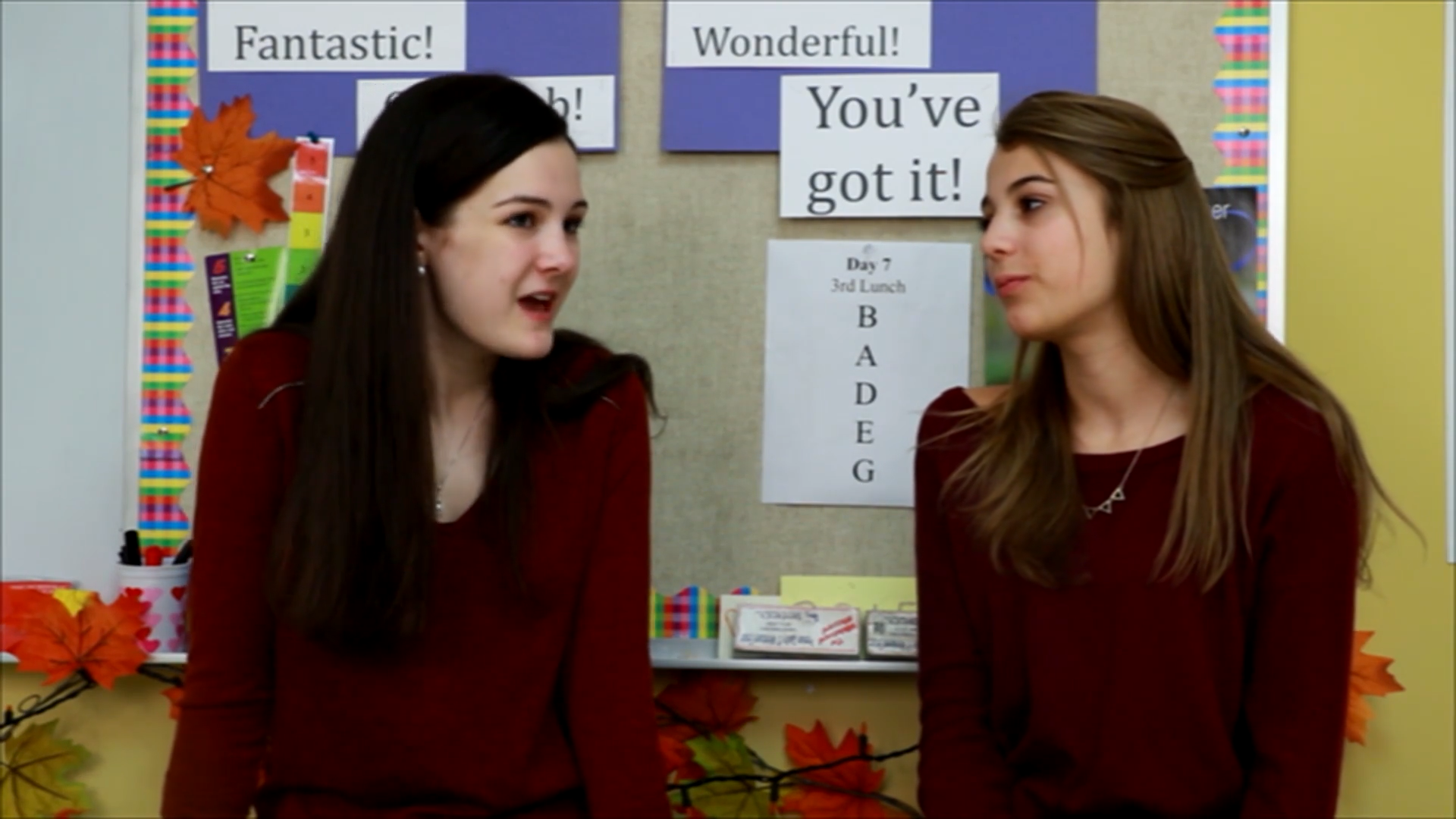
Teaching flexibility and adaptability is essential for students in special education, as it helps them navigate the ever-changing world around them. By incorporating principles of Social-Emotional Learning (SEL), educators can empower students to better handle changes in plans, remain calm, and find alternative solutions. In this blog post, we will explore an easy-to-implement, no-prep activity to help students develop these skills, as well as provide discussion questions and related skills to further enhance their learning.
Introduction
Flexibility and adaptability are crucial life skills that enable individuals to cope with changes and adjust their behavior accordingly. In the context of special education, fostering these skills in students can lead to improved self-regulation, resilience, and problem-solving abilities. In the example provided, Serena and Kate demonstrate flexibility and adaptability by calmly adjusting their plans and finding an alternative day to hang out.
No-Prep Activity
Here is an activity that requires no preparation or materials from the educator:
Role-Playing Scenarios
In this activity, the educator presents different scenarios to the students, where they need to demonstrate flexibility and adaptability. The students then role-play these situations, practicing how to stay calm and adjust their plans accordingly.
- The educator explains the concept of flexibility and adaptability, highlighting their importance in daily life.
- Students are divided into pairs or small groups.
- The educator provides each group with a scenario that requires them to demonstrate flexibility and adaptability. For example, one scenario could be that a student’s favorite after-school activity is canceled, and they need to find an alternative.
- Each group role-plays their scenario, with one student acting as the person experiencing the change and the other(s) providing support and offering alternative solutions.
- After each group has completed their role-play, the class comes together to discuss the strategies they used to handle the change and how they adapted to the situation.
Discussion Questions
Here are some questions designed to stimulate further discussions:
- What strategies did you use to stay calm when faced with a change in plans during the role-play?
- How did you feel when you were able to adapt and find a new solution? How did it impact your relationship with the other person in the scenario?
- Can you think of a real-life situation where you needed to be flexible and adapt to a change? How did you handle it, and what could you have done differently?
- Why is it important to develop flexibility and adaptability skills, especially for students in special education?
- How can we continue to practice and improve our flexibility and adaptability in various aspects of our lives?
Related Skills
Developing flexibility and adaptability skills can also help students improve in other areas. Here are some related skills to consider:
- Problem-solving: Being able to adapt to changes often involves finding alternative solutions to problems.
- Communication: Effectively communicating with others is essential when plans change and new arrangements need to be made.
- Resilience: Flexibility and adaptability contribute to building resilience, as students learn to cope with changes and setbacks.
- Self-regulation: Improving flexibility and adaptability can help students better manage their emotions and reactions when faced with changes.
Next Steps
If you’re interested in exploring more activities and resources to help students develop flexibility, adaptability, and other essential skills, we invite you to sign up for free samples of our materials at Everyday Speech. Our platform offers a vast array of resources, including videos, games, and interactive lessons, to help educators support students in their Social-Emotional Learning journey.

